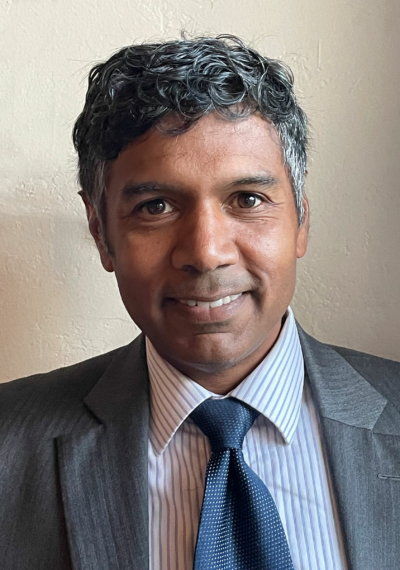The Problem of Wearing Two Hats: 10 Reasons Why Using the Treating Doctor as a Forensic Psychiatric Expert May Be a Bad Idea

By fpamed Forensic Psychiatrist, Charles Saldanha, MD
Many attorneys, when working on a case in which the mental health status of one of the parties is a significant issue, consider relying solely on a treating psychiatrist to serve as an independent expert psychiatric witness. Engaging the treating psychiatrist may seem efficient, cost-effective, and simply seeking expertise from the professional who knows the individual best. Though treaters may serve as fact witnesses in litigation pertaining to their patients, role conflicts make a treating psychiatrist rarely the appropriate source of independent expert testimony regarding on of his or her patients.
Psychiatrists who have training and board certification in Forensic Psychiatry know this dilemma well and call it “the problem of wearing two hats.” To avoid dual agency problems, they perform medicolegal evaluations for individuals without forming a treatment relationship and avoid providing expert testimony in m matters pertaining to patients they are treating. Treating psychiatrists, however, untrained in forensic psychiatry, often do not appreciate the potential pitfalls of serving as a forensic expert for their own patient. Here are ten reasons why the roles of treating clinician and independent forensic psychiatric expert do not mix:
- The role of an expert witness is to provide opinions based on training, experience, and specialized knowledge and expertise and has a duty to provide independent, objective, and unbiased evidence to the trier of fact.
- The role of a treating psychiatrist in contrast, however, is to alleviate suffering and provide healing and comfort to the patient he or she serves. To this end, the psychiatrist relies primarily upon self-report of the patient and strives to create a therapeutic relationship. For example, if an adult patient reports that his father beat him as a child, the treating clinician does not contact his patient’s relatives for collateral interviews or request documentation to determine whether or not this claim is objectively true.
- A treating clinician advocates for the best interests of a patient; the role of expert witness involves providing objective opinions that may not support the patient’s interests.
- Furthermore, the therapeutic relationship relies on confidentiality; evaluations for legal purposes are necessarily non-confidential. Divulging information revealed in the course of treatment is likely to harm the therapeutic relationship, sometimes irreparably.
- Ethical conflicts arise from the dual agency problem of serving as an expert witness and a treating clinician. For example, an expert witness’ duty to provide unbiased testimony to the trier of fact may foreseeably lead to consequences adverse to a patient’s interests.
- Psychiatrists without forensic training, though clinically knowledgeable about the patients whom they treat as well as the tenets of modern psychiatry, generally do not have experience or training in applying that knowledge to a legal context. For example, a treating psychiatrist may have a great deal of knowledge regarding the diagnosis of schizophrenia and treatment of their patient who has become a criminal defendant, but have little familiarity with the legal standard for competence to stand trial and no experience evaluating a defendant with regard to that issue.
- A forensic psychiatrist serves as an objective, independent evaluator of the mental health issues in a case with respect to the relevant legal questions. Determining what is objectively true, based upon evidence, is the goal of an independent forensic psychiatric evaluation.
- Forensic psychiatrists form objective opinions based on critical analysis of various sources of information, including all available and relevant medical and legal documents, psychological test data, and an examination of the plaintiff or defendant with the goal of providing objective, independent opinions. This approach is in stark contrast to that of a treating clinician, who primary relies upon and appropriately works with the subjective self report of a patient with the goal of providing relief of suffering.
- Psychiatrists who have subspecialty training and board certification in forensic psychiatry have demonstrated knowledge of various areas of intersection of psychiatry and law, including issues in civil and criminal law, the legal regulation of psychiatry, and correctional psychiatry.
- Forensic psychiatrists, through their training and experience, develop communication skills enabling them to explain often abstract medical and psychiatric concepts in non-jargonized language to lay audiences, including jurors, lawyers and judges.
Reference: Strasburger LH, Gutheil TG, Brodsky A, “On wearing two hats: role conflict in serving as both psychotherapist and expert witness,” Am J Psychiatry, 1997, Apr;154(4):448-56.
Discuss the details of your case and determine whether we are the best forensic psychiatric and psychological experts for your case. Click Here to talk with an expert!
Or contact us to receive additional information:
Call (415) 388-8040 or email email hidden; JavaScript is required

